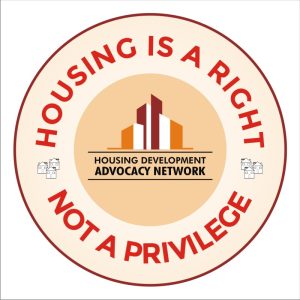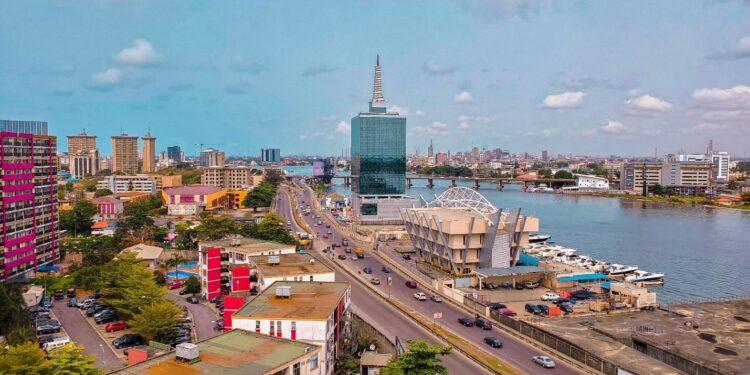Africa’s urbanization boom has led to a surge in housing demand, driving up rental prices across major cities. Lagos, Nigeria’s commercial hub, ranks as the most expensive rental city on the continent in 2025, with a Rent Index of 24.30.
The city’s status as a major economic powerhouse in West Africa, along with its bustling business environment, makes it a hotspot for both local and international residents.
Lagos continues to attract professionals, expatriates, and entrepreneurs seeking to capitalize on its growing tech ecosystem and vibrant industries.
The city’s upscale neighborhoods, including Victoria Island, Lekki, and Ikoyi, are known for luxurious living and high demand for quality housing. Despite challenges such as traffic congestion and infrastructure strain, Lagos remains a city of significant opportunity.

Cape Town, South Africa’s second-largest city, follows closely with a Rent Index of 18.00. Known for its stunning natural beauty, Cape Town offers a high quality of life with world-class amenities, making it a desirable location for expatriates and tourists.
Popular neighborhoods like the City Bowl, Green Point, and the Atlantic Seaboard reflect both the city’s charm and its status as a global tourist destination.
Accra, Ghana’s capital, ranks third with a Rent Index of 12.00. The city’s vibrant cultural scene, emerging tech industry, and affordable rent compared to other African capitals make it an attractive destination for professionals and entrepreneurs. Areas like East Legon and Cantonments offer modern amenities and reliable infrastructure, appealing to both locals and expatriates.

Rabat and Casablanca, Morocco’s political and economic capitals, also make the list, with Rent Indices of 11.00 and 10.80, respectively. Both cities boast a blend of rich history, modern infrastructure, and a growing expatriate community.
Other cities like Harare, Johannesburg, Kampala, Nairobi, and Pretoria also rank among Africa’s most expensive places to rent, reflecting the continent’s rapid urbanization and growing demand for high-quality housing.
With increased investment in infrastructure and the expansion of business hubs, these cities continue to evolve as major centers for commerce, culture, and politics in Africa.



